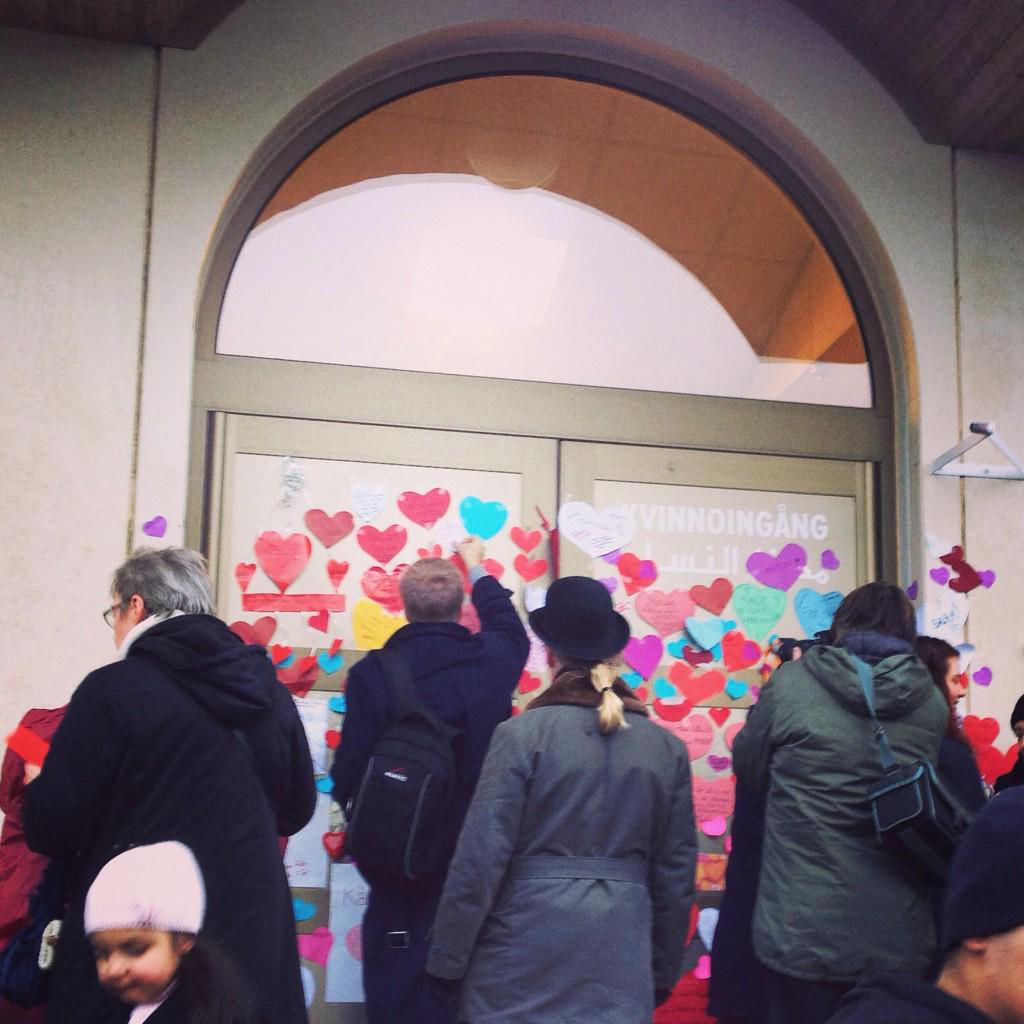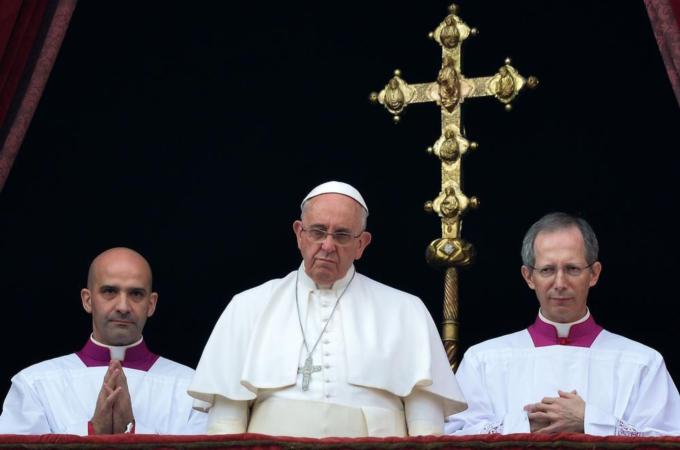By Kyle Herda
Impunity Watch Reporter, Europe
PARIS, France – Following the recent deadly attacks that began with the shooting on Charlie Hebdo, France is actively responding. France is upping participation in the U.S.-led coalition strikes against ISIS, as well as cracking down on hate speech and anti-Semitism within its own borders.

A massive rally in Paris involving over 3 million people and many world leaders followed the deadly rampage on Charlie Hebdo. The rally was a peaceful show of solidarity and support for the magazine, as well as a proverbial and literal stand against terrorism. The rally was not limited to Paris, although the city was the scene of the largest rally.
Charlie Hebdo chose to rebound from the attack by not only publishing the mocking edition with Mohammed on the cover, but also publishing over 3 million copies with possibly more to come. World leaders, like German Chancellor Angela Merkel, were outwardly in support of promoting democratic values like free speech and promoting publication. Writers and artists around the world followed up the attacks, many that same day, with pictures mocking the terrorists and with a common theme of either resiliency or showing the absurdity of the attack on Charlie Hebdo.
France has since increased arrests on hate speech, anti-Semitism, and glorifying terrorism; at least 54 have already been arrested on these charges in the last week. 10,000 troops and 120,000 security forces have also been deployed around the country to protect Jewish schools, synagogues, mosques, and travel hubs. France is also sending an aircraft carrier to the Middle East to aid the U.S.-led coalition in fighting the Islamic State.
Two new events unfolded today following the release of the newspaper. First, a wave of cyber attacks has hit France with over 19,000 websites claiming to have been affected. In recent days, some of these same sites had reported being hacked by well-known Islamic hacker groups. Second, two suspects were killed in a gunfight with police in Verviers, Belgium. The two were being investigated as suspects of an operational cell with ties to Syria, and it is believed the group was about to commit terrorist attacks in Belgium.
For more information, please see:
ABC – Two Dead as Police Raid Terror Suspects in Belgium – 15 January 2015
CBS – France hit by unprecedented wave of cyber attacks – 15 January 2015
Huffington Post – France Arrests 54 For Defending Terror; Announces Crackdown – 14 January 2015
Huffington Post – Charlie Hebdo Cover Features Muhammad Holding ‘Je Suis Charlie’ Sign – 12 January 2015
The New York Times – Charlie Hebdo’s New Issue Features Muhammad on Cover – 12 January 2015
Los Angeles Times – 3 million across France march in solidarity against terrorism – 11 January 2015



